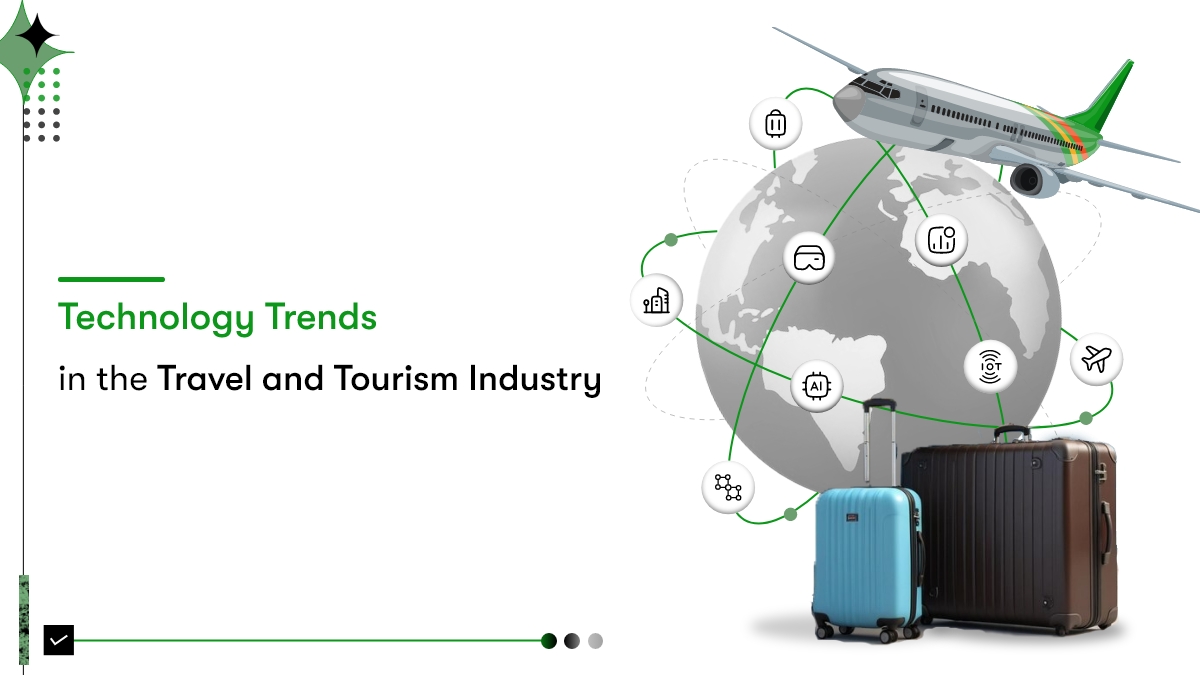AI vs Human Travel Agents: The Great Debate

Picture this: you’re planning your dream vacation, and instead of spending hours scrolling through countless websites and reviews, you simply tell an AI assistant about your preferences, budget, and travel dates. Within minutes, you have a perfectly curated itinerary that feels like it was crafted by someone who knows you personally. This isn’t science fiction anymore—it’s the reality of ai vs human travel agents: the great debate in 2025.
The travel industry has undergone a remarkable transformation over the past few years, and artificial intelligence sits at the heart of this revolution. What started as simple chatbots answering basic questions has evolved into sophisticated systems that can predict your travel preferences, optimize your routes, and even anticipate problems before they occur.
The Promise of AI-Enhanced Travel
There’s something genuinely exciting about the possibilities that AI brings to travel. Imagine never having to worry about missing a connecting flight because your AI travel assistant automatically rebooks you on the next available option, or discovering hidden gems in a foreign city because machine learning algorithms analyzed thousands of traveler reviews to find places that match your unique interests.
The numbers tell a compelling story. Recent industry research shows that over 80% of travel companies are ramping up their AI investments, and it’s easy to see why. These systems can process information at a scale that would be impossible for human agents, analyzing everything from weather patterns and local events to your personal travel history to create recommendations that feel almost magical in their accuracy.
Take dynamic pricing, for example. While it might sound technical, what it really means is that AI can help you find the sweet spot for booking flights or hotels—that perfect moment when prices dip just enough to save you hundreds of dollars. Some travelers have reported savings of 30% or more simply by letting AI tools monitor prices and alert them to the best booking windows.
The personalization aspect is perhaps even more impressive. Modern AI systems don’t just remember that you prefer aisle seats or non-smoking rooms. They learn that you tend to book last-minute trips when you’re stressed at work, that you always regret not packing an extra sweater, or that you’re more likely to enjoy restaurants with outdoor seating. This level of understanding creates travel experiences that feel genuinely tailored to who you are as a person.
The Human Cost of Automation
But here’s where things get complicated, and honestly, a bit concerning. As someone who has traveled extensively both before and during the AI revolution, I can’t help but notice what we might be losing in our rush toward efficiency.
There’s something irreplaceable about the travel agent who remembers that your mother has mobility issues and always books ground-floor hotel rooms without being asked. Or the hotel concierge who notices you seem stressed and quietly upgrades your room with a better view. These moments of human intuition and care are becoming increasingly rare as we automate more of the travel experience.
The privacy implications are equally troubling. To provide those amazingly personalized recommendations, AI systems need to know an almost uncomfortable amount about your life. They track your browsing habits, analyze your social media posts, monitor your location data, and build detailed profiles of your preferences and behaviors. Recent surveys show that 77% of travelers are uncomfortable sharing sensitive documents like passports with AI systems, yet many of us do it anyway for the convenience.
There’s also the very real concern about what happens when these systems fail. I’ve heard countless stories of travelers stranded when AI-powered booking systems glitched, or worse, when they provided incorrect information about visa requirements or safety conditions. Unlike human agents who can think creatively and adapt to unusual situations, AI systems can be surprisingly brittle when faced with scenarios they weren’t specifically trained to handle.
Real-World Impact: How AI is Changing Travel Today
The transformation isn’t just theoretical—it’s happening right now in ways both obvious and subtle. Airlines are using AI to predict which flights are likely to be delayed and proactively rebooking passengers. Hotels are analyzing guest data to stock rooms with amenities you’re likely to want before you even check in. Travel apps are becoming so sophisticated that they can suggest activities based on the weather, your energy level, and even your social media mood.
One particularly impressive example is how AI is revolutionizing language barriers. Real-time translation has become so good that you can have meaningful conversations with locals even if you don’t speak a word of their language. This opens up authentic cultural experiences that were previously inaccessible to many travelers.
The efficiency gains are undeniable too. Customer service chatbots now handle up to 97% of routine inquiries, which means human agents are free to focus on complex problems that actually require human judgment. Response times have dropped from hours to seconds, and the 24/7 availability means you can get help with your travel plans whether you’re dealing with jet lag at 3 AM or facing an emergency in a different time zone.
Finding the Right Balance
The key question isn’t whether AI will continue to transform travel—it absolutely will. The question is how we can harness its benefits while preserving the human elements that make travel meaningful.
The most successful approach seems to be treating AI as a powerful tool rather than a replacement for human judgment. Use it to handle the tedious research and optimization tasks, but don’t let it make all your decisions. Let AI find you the best flight deals, but choose your destination based on your own curiosity and interests. Allow machine learning to suggest restaurants, but be open to the hole-in-the-wall place your taxi driver recommends.
Smart travelers are also learning to verify AI recommendations, especially for critical information like visa requirements or safety conditions. While these systems are incredibly sophisticated, they’re not infallible, and the consequences of bad information can be serious when you’re far from home.
Practical Strategies for the AI Travel Era
If you’re excited about AI’s potential, start experimenting with different tools to see what works for your travel style. Apps like TripIt can automatically organize your itineraries, while tools like Hopper use predictive analytics to help you time your bookings perfectly. Just remember to double-check important details and have backup plans for when technology inevitably fails.
For those who are more skeptical, you don’t have to embrace every new AI tool that comes along. Start small with simple applications like price comparison or basic translation apps. Keep your traditional booking methods as backups, and don’t feel pressured to share more personal data than you’re comfortable with.
Regardless of where you fall on the AI spectrum, it’s worth maintaining some core travel skills that don’t depend on technology. Know how to read a physical map, keep important phone numbers written down, and don’t be afraid to ask locals for directions or recommendations. These skills become invaluable when your phone dies or you find yourself somewhere with poor internet connectivity.
The Road Ahead
Looking toward the future, ai vs human travel agents: the great debate will likely become even more sophisticated and integrated into every aspect of travel. We’re already seeing early experiments with AI-powered virtual reality that lets you “visit” destinations before booking, and predictive systems that can anticipate and prevent travel disruptions before they happen.
The challenge will be ensuring that these advances enhance rather than replace the human connections and spontaneous discoveries that make travel truly rewarding. The best travel experiences often come from unexpected moments—striking up a conversation with a stranger, stumbling upon a hidden café, or taking a wrong turn that leads to an amazing view.
As we navigate this new landscape, the goal should be using AI to handle the logistics so we can focus on the experiences. Let technology take care of the booking, planning, and optimization, but don’t let it dictate your sense of adventure or curiosity about the world.
The future of travel lies not in choosing between human intuition and artificial intelligence, but in finding ways to combine the best of both. When we get that balance right, we’ll have travel experiences that are both efficiently planned and authentically meaningful—and that’s a future worth getting excited about.
How has AI changed your travel experiences? Have you found these tools helpful, or do you prefer the traditional approach? I’d love to hear your stories and perspectives in the comments below.



